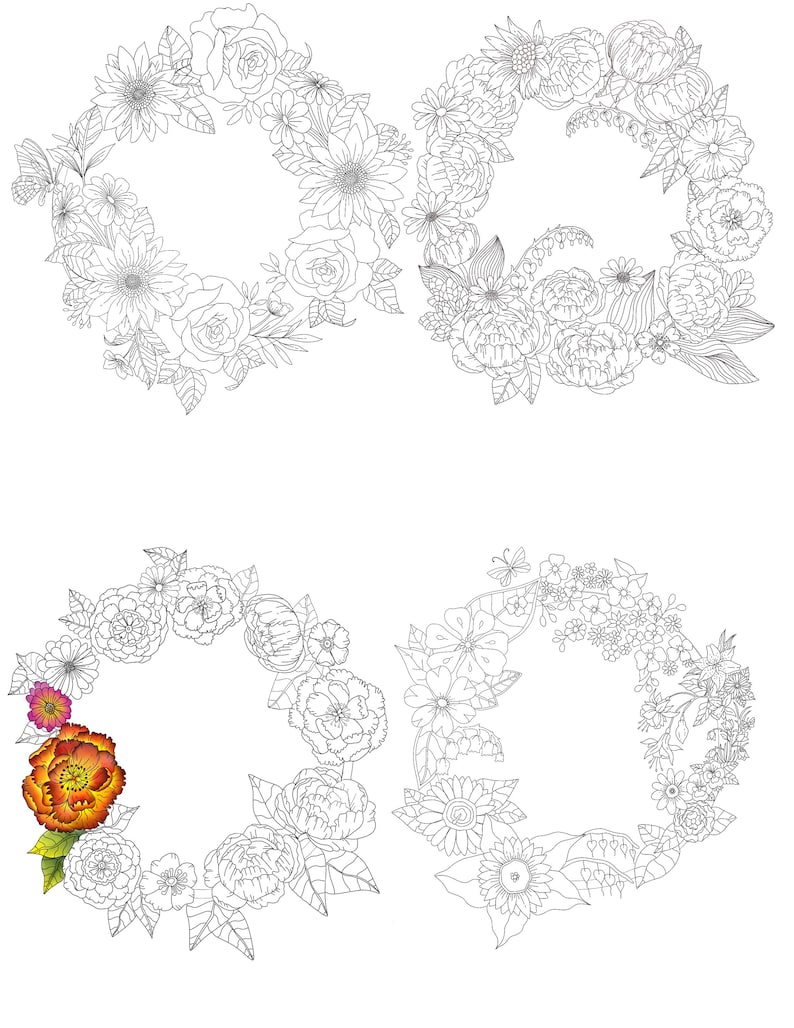

The film was a civil war era drama, in which Elvis plays honourable and guileless Clint Reno, caught in a complicated love triangle with his young bride (played by Debra Paget) and his older brother Vance (played by Richard Egan). Love Me Tender was released just eight months after those first Hollywood meetings. Parker had negotiated in the contract that Elvis do one film a year with another studio – this clause was utilised straight away to enable Elvis to get started on a film with 20 th Century Fox while Paramount prepared a script.

Paramount signed Elvis for a multi-picture deal immediately, despite not yet having a script ready. Weiss got the answer to his question: “We knew instantly that we were in the presence of a phenomenon electricity bounced off the walls of the sound stage.” Elvis was “absolute dynamite”. He performed two short scenes, and also lip-synched a performance of ‘Blue Suede Shoes’ for the screentest. The question was, would it show on film?”Įlvis had been sent a script for The Rainmaker, in production at Paramount with Burt Lancaster and Katherine Hepburn. But it wasn’t just sex it was an indefinable energy that transcended that. As Wallis’s Paramount colleague Allan Weiss put it: “We had all seen him on television, the swivelling hips below the bottom of the screen, unseen. Elvis had already appeared on The Dorsey Brother’s (television) Stage Show six times by this stage (he would go on to do a further five appearances in 1956 alone, on shows hosted by Milton Berle, Steve Allen, and Ed Sullivan). By March 1956, Parker had Elvis in Hollywood screen-testing for powerhouse Paramount producer Hal B. Parker moved swiftly to take control of Elvis’s blossoming career and brokered the sale of his contract to major label RCA Victor in November 1955. He soon caught the attention of a canny talent manager known as ‘the Colonel’ Tom Parker. Elvis Presley™ © 2022 ABG EPE IP LLC.įresh out of high school, in mid-1954 Elvis had his first hit single with ‘That’s All Right’ on the innovative Memphis label Sun Records.

Graceland and its marks are trademarks of EPE.

Elvis studied the faces and expressions of 1950s screen idols such as Tony Curtis and Marlon Brando, observing not only their methods of conveying emotion and connecting with audience, but also their distinctive fashion and 1950s brand of masculine beauty.Įlvis peers through the film camera on the set of Girls, Girls, Girls, 1962. The little Presley family made the move to Memphis, a cosmopolitan Southern city bustling with post-war industry and a vibrant cultural scene, when Elvis was 13 years old. One of Elvis’s earliest teenage jobs was ushering in Loew’s State Theatre, in 1950 and again in 1951, in Memphis. Elvis and Sam would sneak through the separate entrances and once inside, Elvis would “climb on over” so the boys could sit together and share their “ten cent popcorn”, sitting in the aisle watching Westerns. Bell has described the Lyric in the days of segregation laws, when the balcony seating was partitioned into Black and white sections. Growing up in rural Mississippi, in a railroad town named Tupelo, Elvis didn’t have much money to play with – but he and best friend Sam Bell made their own fun by sneaking into the movies at Tupelo’s Lyric Theatre. The drama and beauty of the golden age of American cinema shaped young Elvis’s creative talent and sense of style, Hollywood became the focus of his own stellar career for a decade, and since his early death in 1977, Elvis has been brought to life on screen many times, most spectacularly this year with the release of Baz Luhrmann’s much anticipated biopic Elvis.Įlvis was born in the wake of the Great Depression, on 8 January 1935, to adoring parents Vernon and Gladys. ‘The movies’ have always been part of Elvis’s story.


 0 kommentar(er)
0 kommentar(er)
